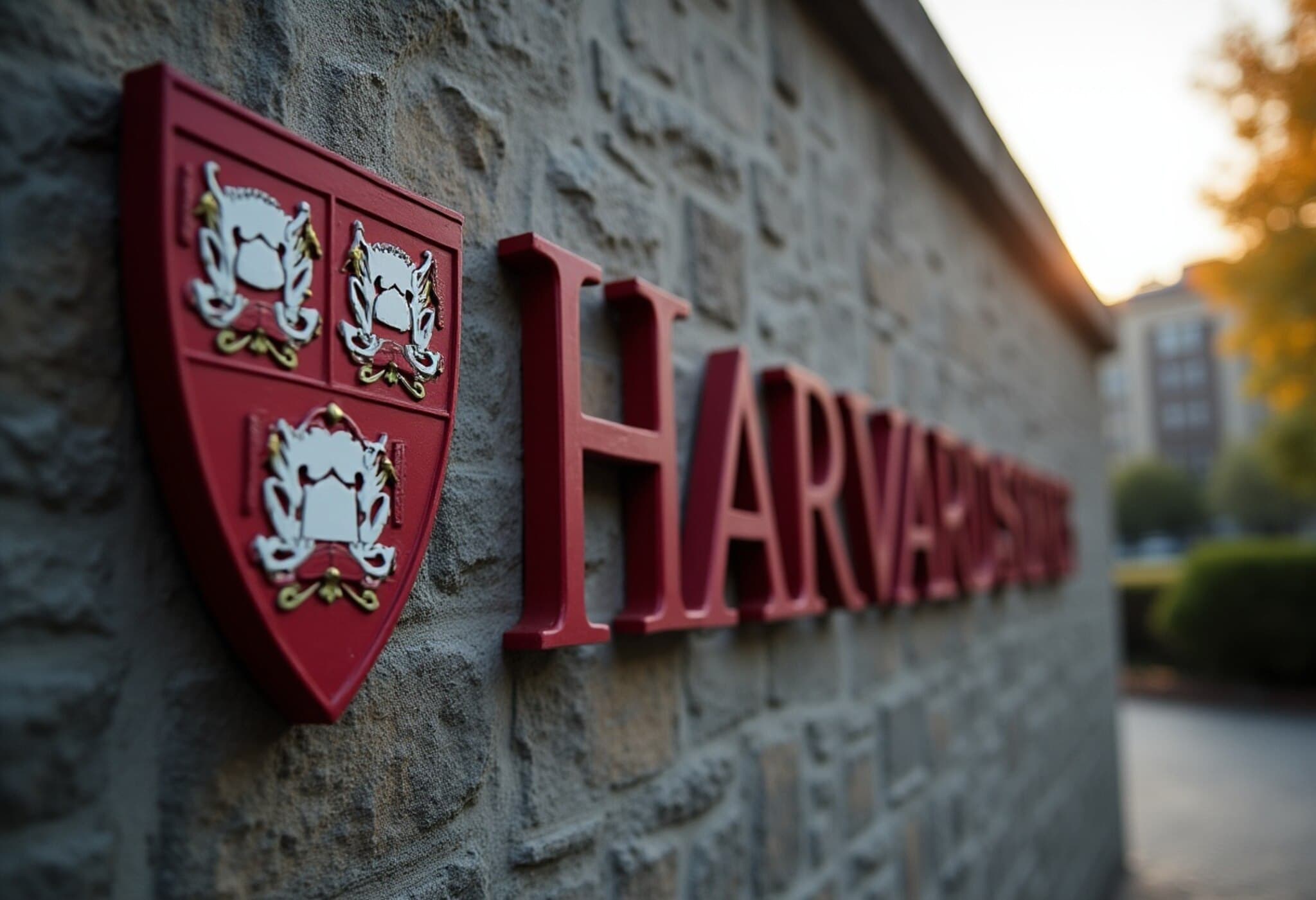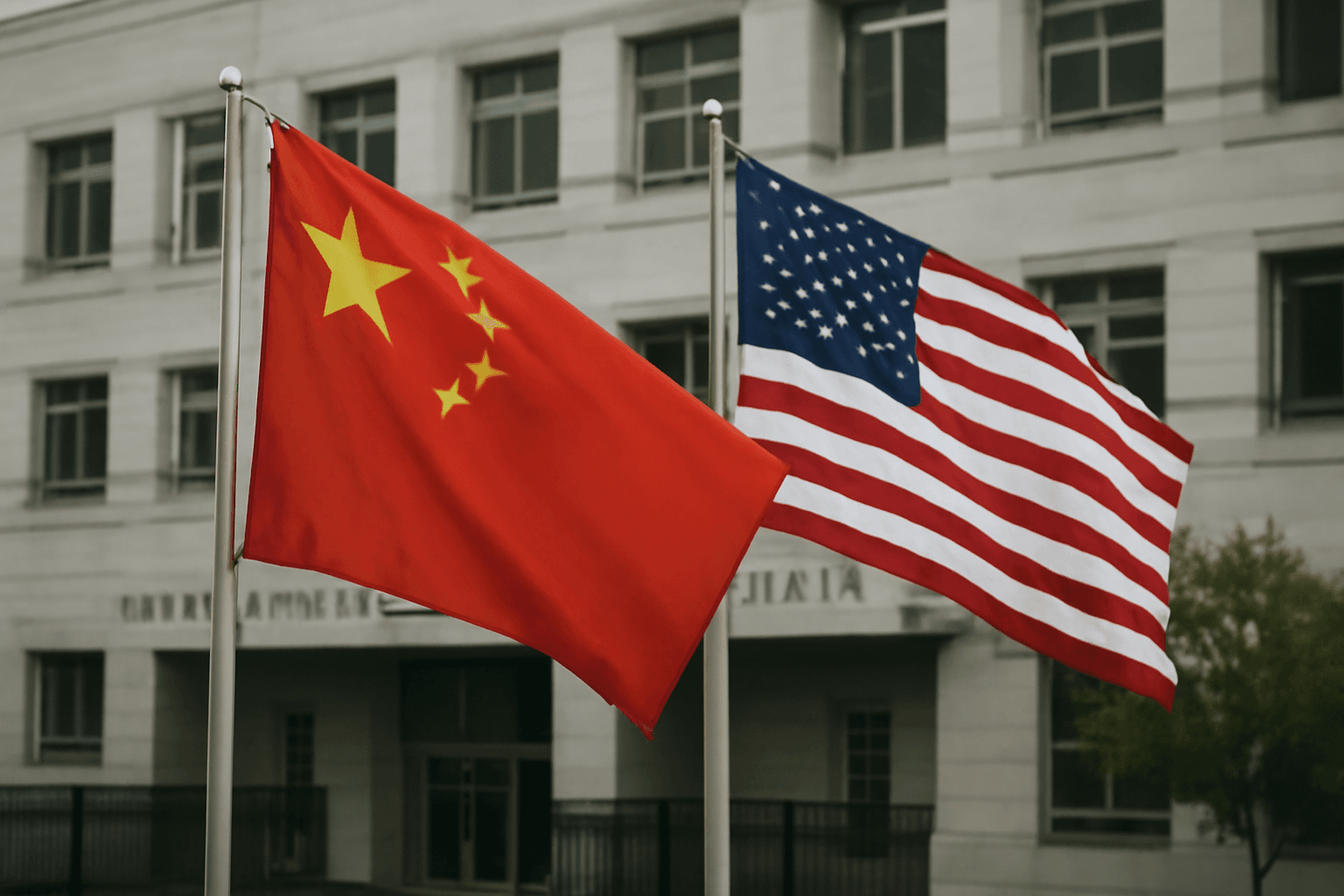The Shift in Global Education Landscape
In recent years, international education has experienced a significant transformation driven by geopolitical challenges. Traditional hubs like the United States, once considered the pinnacle of academic opportunity, have introduced stringent visa policies that restrict student entry based on nationality rather than merit. This has opened the door for new destinations to rise in prominence, with the United Arab Emirates (UAE) emerging as a leading alternative for students worldwide.
The UAE’s Education Revolution
Historically recognized for its oil wealth and luxury tourism, the UAE has embarked on a comprehensive strategy to become a global education hub. Substantial investments in cutting-edge infrastructure and academic institutions have propelled UAE universities up international rankings. Renowned campuses such as Khalifa University, United Arab Emirates University, and Abu Dhabi University now offer competitive programs that rival many Western institutions.
One standout example is NYU Abu Dhabi, a branch of New York University, which consistently ranks among the top global universities, providing an Ivy League-caliber education with a unique cultural setting.
Wide Range of Academic Programs
The UAE offers diverse academic disciplines catering to various interests:
- STEM fields: Including aerospace engineering, artificial intelligence, and technology with access to advanced laboratories and industry collaborations.
- Business and finance: Leveraging the Emirates’ status as a global commercial hub.
- Liberal arts and humanities: Delivered through globally oriented curricula at institutions like the American University of Sharjah.
All programs are predominantly taught in English, facilitating international accessibility.
Advantages of Studying in the UAE
Several factors make the UAE an attractive destination for students and their families:
- Safety: With low crime rates, extensive security measures, and a stable political climate, students can safely explore urban environments even after dark.
- Affordability: Tuition fees in the UAE are generally more reasonable compared to Western countries. Public universities charge approximately $8,000–14,000 annually, while private institutions may cost up to $30,000. Generous scholarships further reduce financial barriers.
- State-of-the-art Infrastructure: Universities feature modern campuses equipped with smart classrooms, research centers, libraries, and reliable internet connectivity.
- Cultural Diversity: Campus populations comprise students from over 70 countries, fostering a rich, global learning environment.
- Strategic Location: Situated within convenient flight distances to Europe, Asia, and Africa, the UAE serves as a geographical nexus for international students especially from South Asia and the Middle East.
Vibrant Campus Life and Global Collaborations
Beyond academics, UAE universities promote active campus communities through student organizations, competitive sports, cultural festivals, and entrepreneurial incubators. These opportunities enhance personal growth alongside intellectual development.
Moreover, many Emirati universities collaborate with prestigious institutions worldwide, enabling students to pursue dual degrees, study abroad semesters, and joint research initiatives. Examples include partnerships with Sorbonne Abu Dhabi, Heriot-Watt Dubai, and Murdoch University Dubai.
Who Benefits from UAE’s Growing Education Hub?
The UAE’s rising educational stature addresses the needs of diverse student groups:
- Those denied access to traditional Western universities due to restrictive visa policies.
- Students seeking a world-class education without the uncertainty of visa approvals.
- Individuals desiring affordable tuition fees combined with excellent academic quality.
This shift offers equitable access to global education in a politically neutral environment.
Conclusion: The UAE as a Strategic Educational Destination
As geopolitical tensions influence global education access, the UAE stands out as a reliable, innovative, and globally connected study destination. It combines safety, affordability, modernity, and multiculturalism—qualities increasingly sought by students worldwide. For many, the UAE represents not just an alternative, but a smart strategic choice for pursuing higher education in the modern era.

















